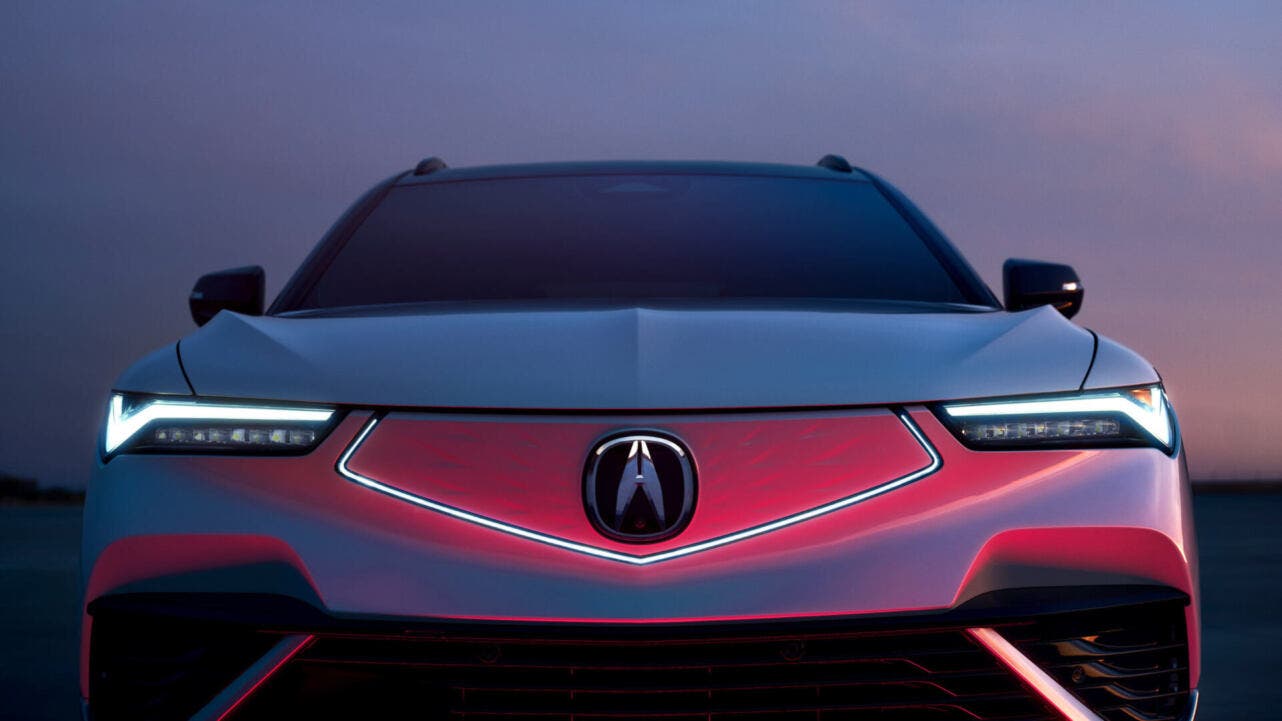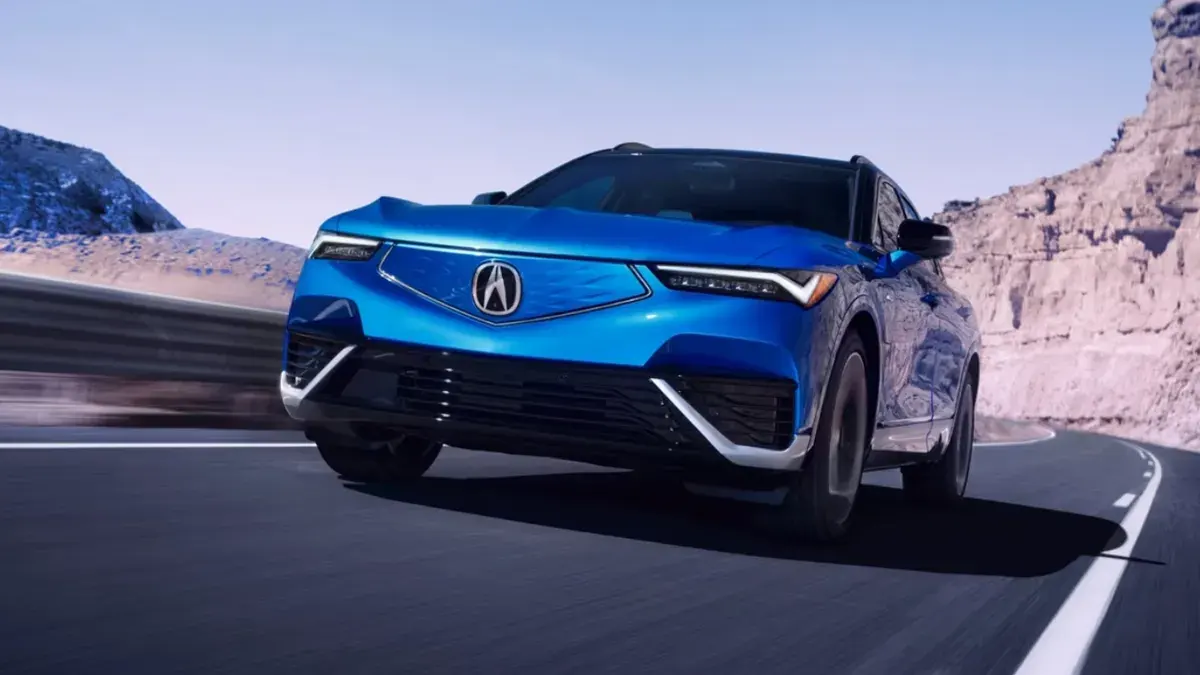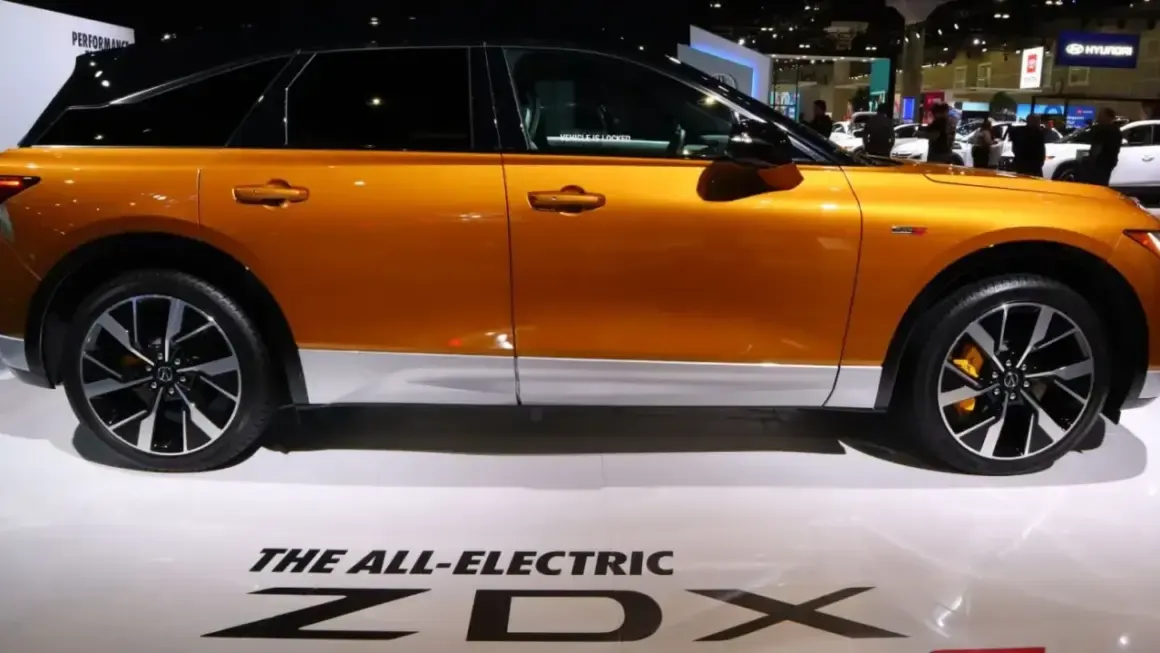Honda has officially announced the end of production for its luxury electric crossover, the Acura ZDX, which had been assembled through a partnership with General Motors at the Spring Hill plant in Tennessee. With this decision, the Japanese automaker joins a growing list of companies scaling back or slowing down their electric vehicle strategies in the US market.
According to the company, the move aims to better align its product portfolio with actual consumer demand, shifting market conditions, and long-term strategic goals. The news, first reported by CNBC, marks a turning point in the collaboration launched in 2020 between Honda and GM, which allowed Acura to introduce an EV sharing much of its technology with other GM models, including the Cadillac Lyriq. In addition to the ZDX, GM continues to build Honda’s Prologue SUV in Mexico, another all-electric model based on GM’s existing EV platforms.

Despite these synergies, demand in the US has fallen short of expectations. Many automakers are now delaying the launch of new electric models or cutting back on planned investments in battery factories and specialized facilities. Another major hurdle comes from policy changes: the Trump administration has removed key EV incentives, including the federal $7,500 tax credit, (a very bad news for many automakers) which is set to expire at the end of September.
Analysts warn this will likely weigh heavily on the future growth of the sector. The Acura ZDX, while appealing to some buyers, posted relatively modest sales. In the first half of the year, Motor Intelligence reported 10,335 units sold, accounting for about 15% of Acura’s total US volume.

Ironically, EV sales overall have surged recently, as buyers rushed to complete purchases before incentives disappear. According to J.D. Power, in August electric vehicles made up 11.2% of all car sales in the US, the second-highest share ever recorded.
